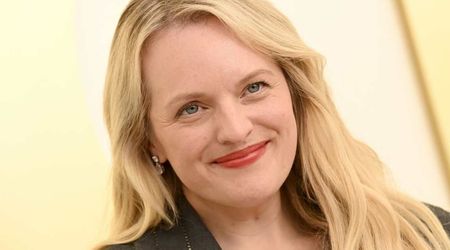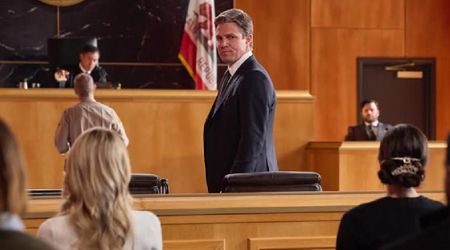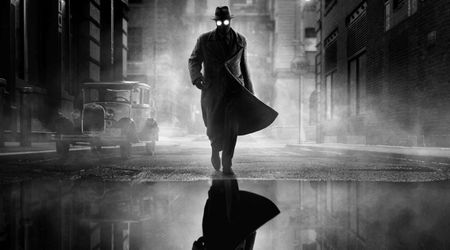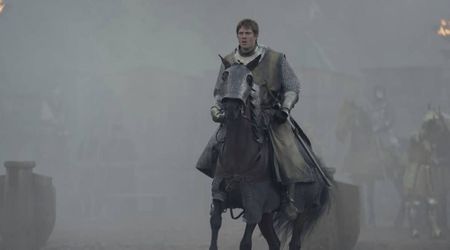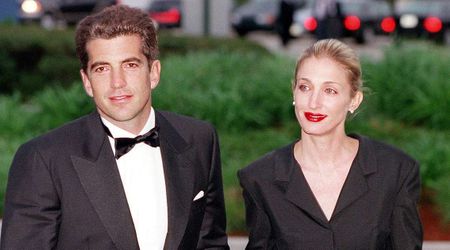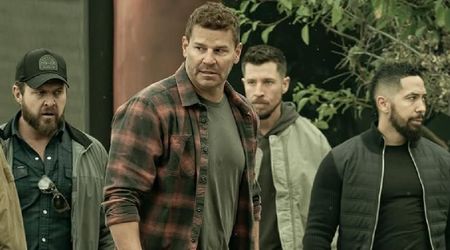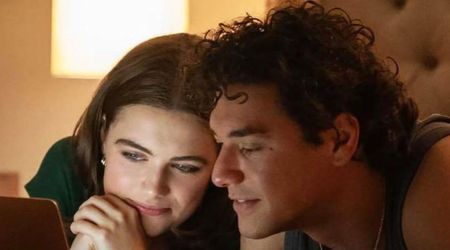Netflix's 'The Baby-Sitters Club': 5 inspiring young girls set out to shatter sexism, bigotry and patriarchy

Spoilers for 'The Baby-Sitters Club' Season 1
The cult novels, 'The Baby-Sitters Club' is back on screen for the third time, this time as a Netflix Original series and TV adaption, and it's yet another hit. The main lead roles of Kristy Thomas (Sophie Grace), Mary-Anne Spier (Malia Baker), Claudia, Stacey McGill (Shay Rudolph) and Dawn Schafer (Xochitl Gomez) were excellently portrayed by the actresses shattering gender biases and patriarchy in its many forms. The series, however, caters to a younger growing audience, ones in middle school about to enter high school, but we have to say that it is endearing to see, as adults, that this kind of production is set out to affect impressionable minds positively.
From the immediate beginning, President and founder of the 'The Baby-Sitters Club' Kristy speaks of feminism, in a manner we only hope people in the current generation could speak in. As she looked down upon Claudia for wanting to go to the dance with Trevor Sandbourne (Bodhi Sabongui), who didn't properly ask Claudio out - Kristy tells the BSC that the dance was a way of "setting up girls for a lifetime of making excuses for them (boys)." Not to mention, she aptly reminded her mother's boyfriend Watson Brewer (Mark Feuerstein) that "boys can take care of kids too." The series did not shy away from exploring each of the characters with a hint of feminism - we spoke about Kristy, let's speak of the others. Claudia needs to fulfill her calling to art and that became her priority when she stood up to her parents, for wanting to be something she was not expected to me. "I'm not Janine (Claudia's older smart sister), and I'm tired of feeling like I have to be," she had told her parents, whose acceptance spoke of the importance in advocating for young minds and their creative explorations. Claudia did not want to be looked at like a "walking encyclopedia" because "most" Asians were rather for what she was.
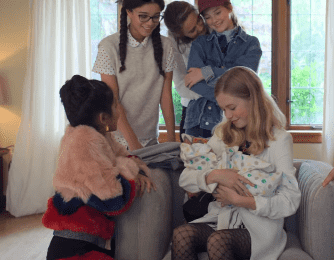
Stacey's intelligence was a quick one to catch as the series immediately exposed her as a math genius steering away from the blonde hair stigma of being unintelligent. Many young woman look like Stacey, and her character showed that while representation and diversity are needed, White characters can also be put in a position of appreciation. The whole "double blonde girl" vibe won't fly with this generation that screams for equality. She gave us a little 'Legally Blonde' attitude – don't let the Gucci steer your away from the high I.Q. Mary Anne perfectly spoke of gender bias when she stated, "I read somewhere women want to express emotion and men want to find solutions for them," as she tried to get her voice heard by her father, but was instead overprotected to the point where she was subdued. She didn't back down though - the usually quiet shy child even stood up for Bailey, a young transgender girl when doctors refer to Bailey as a boy, claiming the advocacy of equality on her shoulders. This of course not only reminded her father of her late mother but also made her father realize his daughter was not a little girl anymore.
The series took to the modern retro era to bring to life five girls who are not only young entrepreneurs but dedicated ones that don't conform to norms but rather used their individuality to push forward into the big bad world. It was amazing to see young characters bring about many relevant themes that resonate with so many young people in this generation. The ideals of feminism don't make everyone happy, but the series definitely subtly speaks of its importance from small quotes by the characters and their narrations, to big themes such as marriage, illness, history, sexism, racism and belonging. It's a new wave of women empowerment where young people are now pushed to be who they want to be rather than sticking to older mindsets where women were oppressed in some form or another – be it discrimination, sexism or patriarchy.
Its shows like these that teach impressionable minds of contexts that the previous generations only got from books and folklore - stories of strong women, and even stronger friendships. We think this was a very well thought out theme sprinkled in the nooks and crannies of quite a remarkable reboot of one of 90's kid's favorite stories.
All episodes of 'The Baby-Sitters Club' Season 1 are now available to stream on Netflix.

